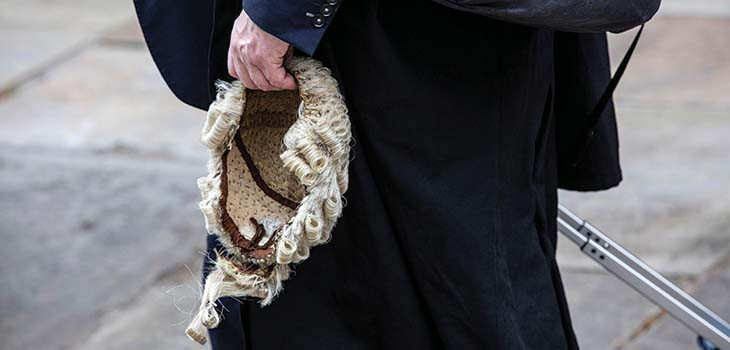
The cab rank rule for barristers is said to date from the trial of Charles I in 1649, when John Cooke, the solicitor general, led the prosecution in Westminster Hall. He did not deliver his opening speech because Charles refused to recognise the court, but Charles was nonetheless convicted and executed. On the restoration of the monarchy in 1660, when the regicides were tried in their turn, Cooke met the same fate. His defence—that he was compelled to prosecute as a professional duty—was rejected. Ever since, the supposed duty of barristers to act for all who seek their services, on which Cooke vainly relied, has been acknowledged but rarely enforced.
Basic rules
The Daily Mail on 23 March 2023 misrepresented the cab rank rule in order to attack the barristers and solicitors who call themselves









